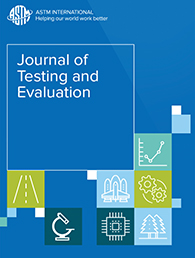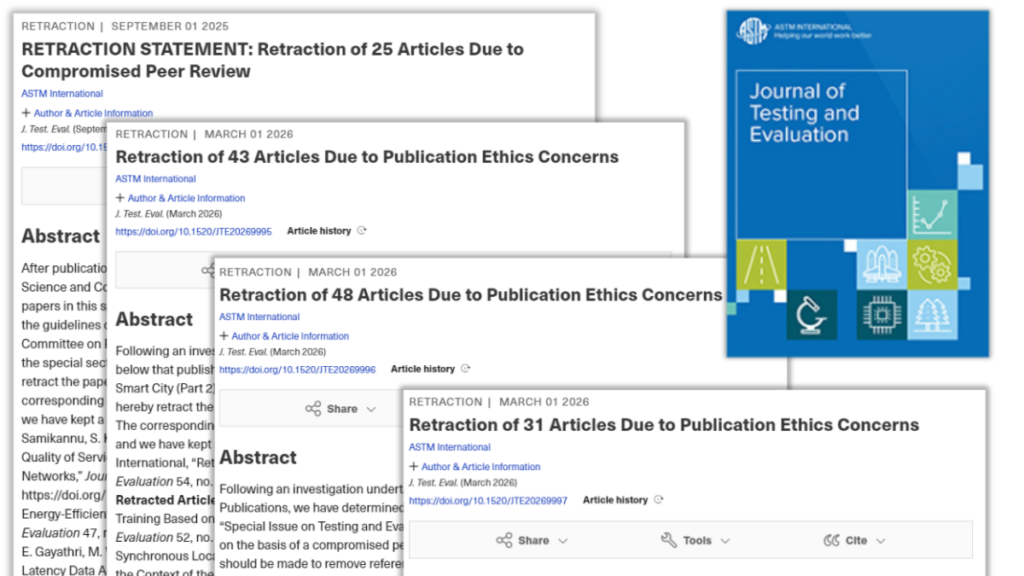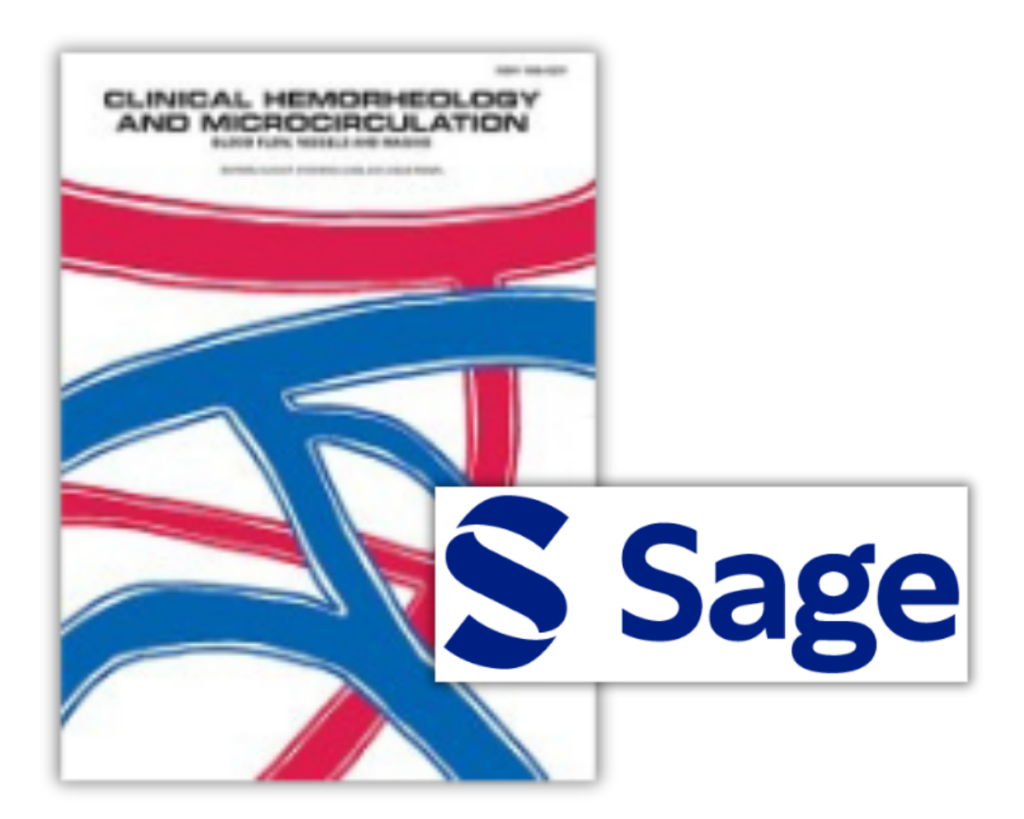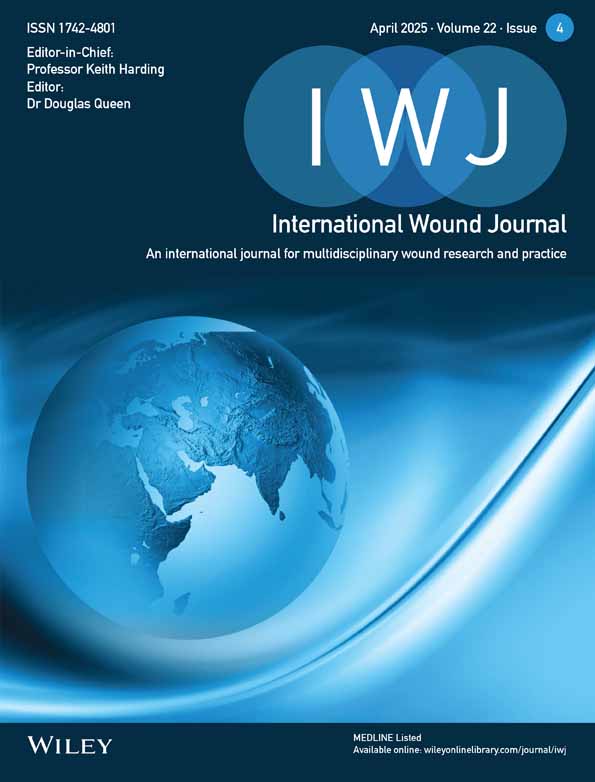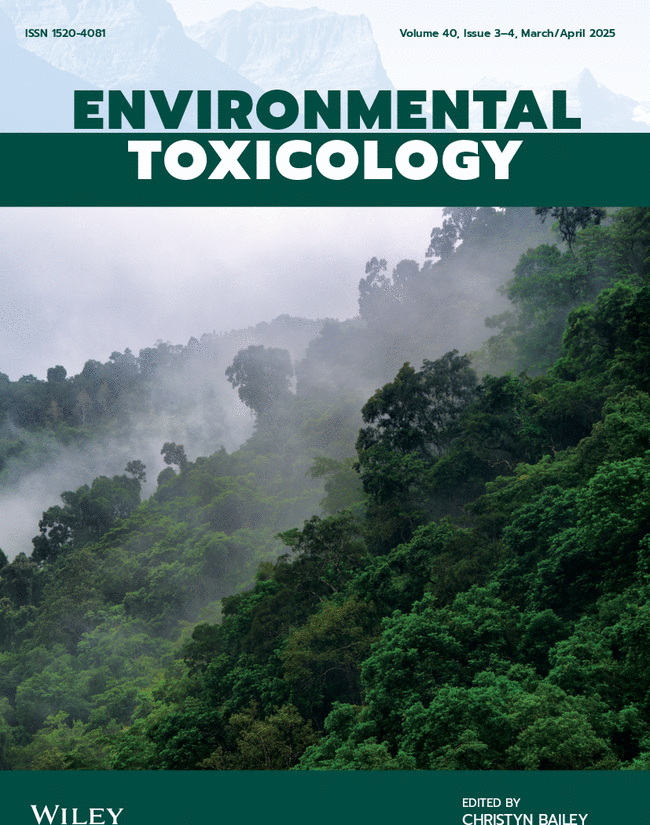A journal is implementing tighter controls for guest editors and peer reviewers after an investigation led to the retraction of more than 160 articles.
As we reported last month, the American Society For Testing And Materials (ASTM) International started an investigation into its Journal of Testing and Evaluation after an ASTM vendor noticed some “irregular patterns in the peer review” of a special issue. The investigation revealed the peer review process in four special sections or issues had been compromised, resulting in the retraction of 147 articles.
The journal has since pulled 19 more papers, this time from a special section on human-centered artificial intelligence published in 2021.
Continue reading As journal’s retraction count nears 170, it enhances vetting